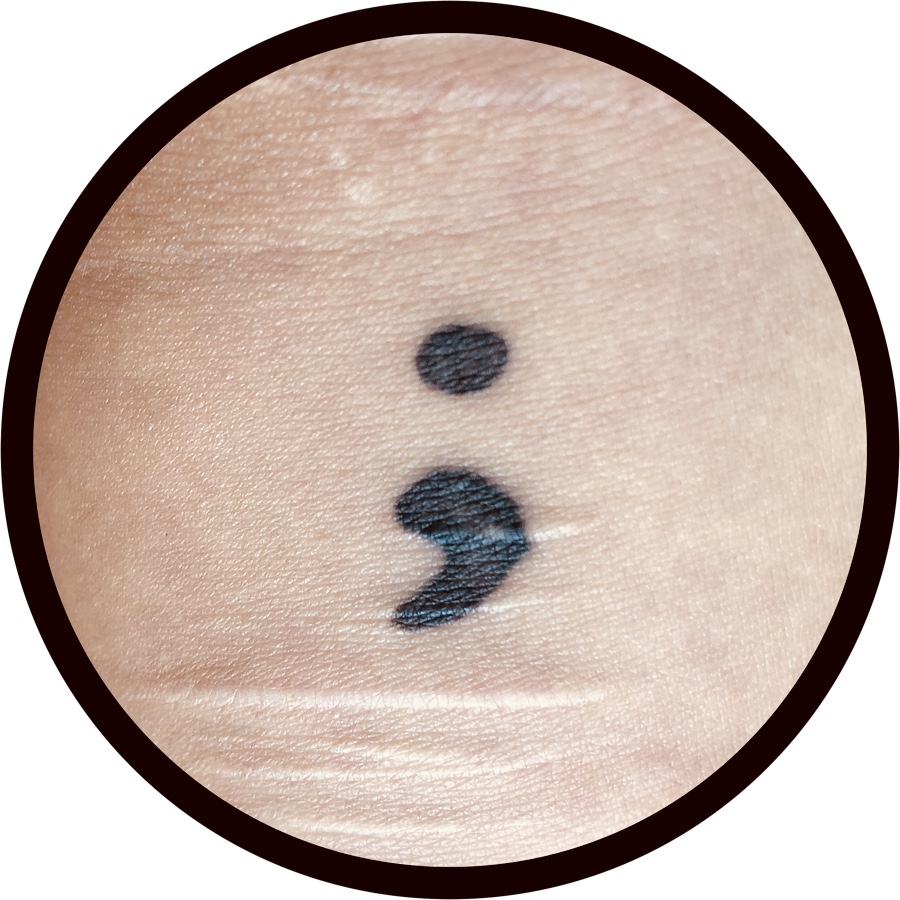Hi everyone, we’re fully in the Christmas rush right now! My Mom and I were shopping yesterday and there were a ton of people! Let’s take a quick break from that craziness though to hear from a person in the field of mental health. I love hearing different people’s perspective so I’m grateful for the chance to have done these interviews and share them with you!
Today I present Alex, a tremendously kind person who said he would move mountains for me to get better and truly did! And now, for his two cents…
What made you want to become a social worker?
Well, I first was enrolled in business and when it came to my internship the sole goal was to be productive and make money which didn’t resonate with me at all. I felt guilty and like I was cheating people. The only way I thought I could feel good about myself was by helping others. I had a few skills that I thought could be useful for people…for example I have an easy time advocating for myself so if I could advocate for others who have a hard time doing so, that would mean the world to me.
What is the best part of your work?
The best part is seeing people improve because we see it often and that’s awesome! To see and speak with people at their lowest and now they have a fulfilling life…that’s worth more than any salary to me.
Is it difficult to work in a context that is often sad? What is the most difficult part of the job?
I don’t really see it as sad. The people who reach out to us most of the time, it’s the part of them that wants to improve and we’re always more than willing to work with people who want that. We take clients from where they are and not ‘where they should be’ and then we build and grow from that. We introduce small things and reinforce them…show them that they’re more capable and resilient than they think they are. That’s another great part of the job.
It’s by no means an easy job though and we can have very difficult cases…it’s important to be well surrounded by coworkers who are also looking out for you. The most difficult part is seeing potential in someone but they don’t. It’s not easy to bring it to light and we’ve been with tremendous people here but when they see themselves badly, it’s hard to take.
What would you tell someone afraid to seek help?
There’s a misconception that asking for help is a sign of weakness. I don’t believe that at all; it’s a sign of strength to share your vulnerable side and we know that. If someone is willing, there are more than enough people who will help. It’s not just their job, it’s their calling. At the same time there are limits to what workers can do. They have to work within those limits. The work you’ll do in therapy is the easy part. The hard part is being alone and feeling these things at home … it involves a choice to cope in a healthy way than what you’ve previously done. You have to be accountable.
Thank you so much Alex, for everything!
I hope you enjoyed his perspective and have a lovely weekend!

